Blockchain is a distributed ledger technology that has the potential to revolutionize the healthcare industry. By providing a secure and transparent way to store and share data, blockchain can help to improve patient care, reduce costs, and increase efficiency.
Patient records management
One of the most promising use cases for blockchain in healthcare is patient records management. Currently, most patient records are often stored in siloed systems, which makes it difficult for patients to access their own records and for healthcare providers to share information. Blockchain can help to solve this problem by providing a single, secure, and transparent platform for storing their records. This would not only ease access but also help to prevent fraud.
Clinical trials
Another promising use case for blockchain in healthcare is clinical trials. Clinical trials are often complex and time-consuming, and there is a risk of data tampering. Blockchain can help to address these challenges by providing a secure and transparent way to track clinical trial data. This would help to ensure the integrity of clinical trials, and it would also make it easier to share data between researchers.
Drug traceability
Blockchain can also be used to track the provenance of drugs, ensuring that they are authentic and have not been tampered with. This would help to reduce counterfeit drugs and improve patient safety. For example, the pharmaceutical company Pfizer has in the recent past used blockchain to track the distribution of its vaccines. This has helped to ensure that the vaccines are stored and transported properly, and it also helps to prevent counterfeit vaccines from entering the supply chain.
Healthcare payments
Blockchain can also be used to make healthcare payments in a secure and efficient way. This would help to reduce fraud and improve the speed of payments. For example, the insurance company Anthem is using blockchain to process healthcare claims. This helps to ensure that claims are processed accurately and quickly, and it also helps to reduce fraud.
Telemedicine
Blockchain can also be used to securely transmit medical data between patients and healthcare providers. This would help to improve access to healthcare, especially in rural areas. For example, the company Guardtime is using blockchain to provide secure telemedicine services in Estonia. This allows patients in rural areas to consult with doctors in cities, without having to travel long distances.
These are just a few of the potential blockchain use cases in the healthcare industry and as the technology continues to develop, we can expect to see even more innovative applications of blockchain in healthcare.
Benefits of blockchain in healthcare
The benefits of blockchain in healthcare include:
- Security: Blockchain is a secure technology that can help to protect patient data from unauthorized access.
- Transparency: Blockchain is a transparent technology that can help to ensure the integrity of data.
- Efficiency: Blockchain can help to streamline healthcare processes, making them more efficient.
- Cost savings: Blockchain can help to reduce costs in the healthcare industry.
Challenges of blockchain application in healthcare
The challenges of blockchain in healthcare include:
- Complexity: Blockchain is a complex technology, and it can be difficult to implement.
- Regulation: The regulatory landscape for blockchain in healthcare is still evolving.
- Acceptance: There is still some uncertainty about the acceptance of blockchain in the healthcare industry.
Also read : The Future of Finance: How Technology is Changing the Way We Invest
In addition to the use cases mentioned above, blockchain is also being explored for use in other areas of healthcare, such as:
Healthcare supply chain management: Blockchain can help to track the movement of medical supplies, ensuring that they are properly stored and transported.
Personalized medicine: Blockchain can be used to store and analyze patient data, helping to identify patterns and trends that can be used to develop personalized treatments.
Healthcare research: Blockchain can help to store and share research data, making it easier for researchers to collaborate and share findings.
Conclusion
The potential applications of blockchain in healthcare are vast, and the technology is still in its early stages of development. However, as the technology matures, we can expect to see even more innovative applications of blockchain in healthcare, which will have a positive impact on patient care, cost savings, and efficiency.


